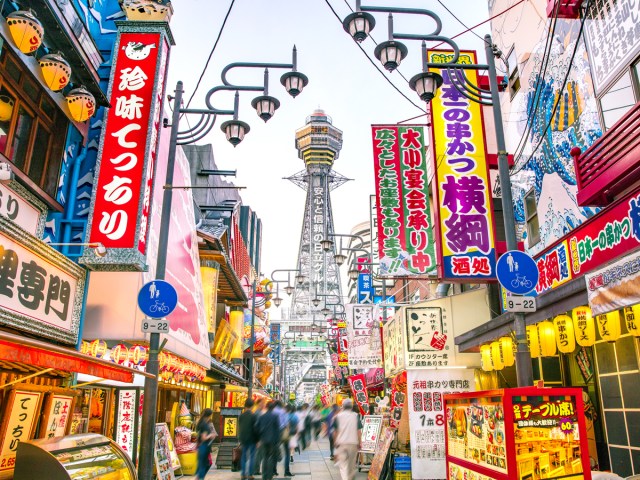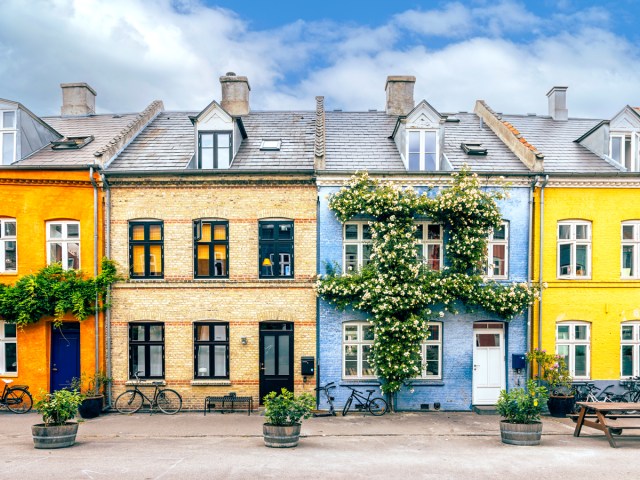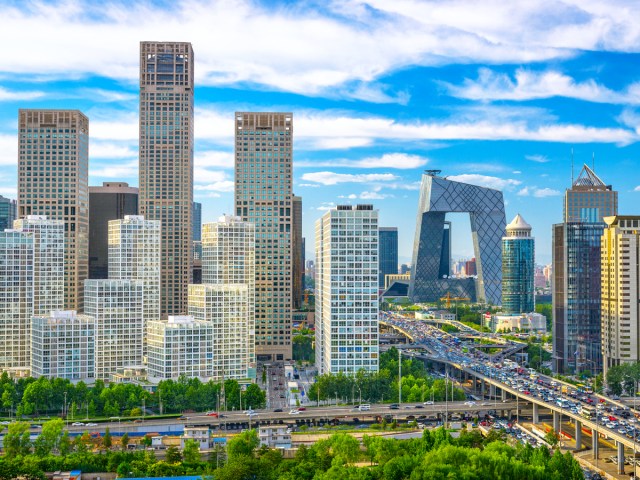In the United States, tipping for services is ingrained in the culture, from hotels to restaurants, hair salons, and valet parking lots. But there are other places where it’s rare to tip at all. In fact, tipping is even considered rude in certain countries. Before traveling abroad, it’s worth brushing up on the local tipping etiquette so you don’t pay more than you need to — or ruffle any feathers by adding a few extra dollars to the bill. Here are six countries where you don’t have to tip.
Spain

Tipping culture in Spain, like in many European countries, is quite different than it is in the United States. One reason for that is servers are paid a higher wage, whereas servers in the U.S. typically rely on tips for a bulk of their income. It is generally not expected, but if you choose to tip in Spain, it’s usually a modest amount.
Travel magazine Afar broke down the rare occasions when you should tip in Spain and how much to leave. When dining at restaurants, tipping is entirely optional, though the server wouldn’t be insulted if you added an extra 10% to 15% for excellent service. If you’re grabbing coffee or a beer, tipping isn’t expected, though you can round up to the nearest euro, especially if you order food, too. Likewise, taxi drivers don’t expect a tip, though it’s a nice gesture to add two or three euros if they helped you with your bags.
Japan

Unlike in many Western countries, tipping is rarely expected in Japan. According to the Japan National Tourism Organization, adding a gratuity is quite uncommon at restaurants and hotels, or when taking a taxi. Restaurant staff may go so far as to refuse any extra cash customers leave behind. According to travel guide Fodor’s, certain workers may even feel embarrassed upon receiving a tip. In general, the belief is that the customer already pays for good service, and Japanese culture prides itself on delivering it — so there is no need to add an extra tip. Doing so can even be considered rude in some situations.
However, there is a special (albeit rare) type of gratuity in Japan known as kokorozuke (“coming from the heart”). This is done as a gesture of overall gratitude rather than as a thanks for any specific service. As visitors, it’s recommended to forgo tipping altogether while traveling through Japan. An exception is for a private tour guide, who most likely would appreciate a discreet tip for their services. But at a restaurant, you may find yourself chased down the street by employees looking to return the extra money you left behind.
South Korea

South Korea has long been a tip-free society. One reason for that is service workers here are also usually paid a livable wage by their employers. Tipping is sometimes viewed as insulting in South Korea, as it implies the worker is in need of charity from the customer, which is almost always not the case.
But in recent years, there’s been some debate over the issue, in part due to an influx of foreign tourists. According to Deutsche Welle, controversy arose over tip jars appearing in certain establishments, as many international visitors felt an obligation to leave a gratuity. But as reported by the Korea Times, seven out of 10 Koreans view tipping as “unacceptable,” and only 5% of local survey respondents say they’re OK with the practice.
Denmark

Danish law requires that all service charges and mandatory gratuities be included in the listed price, whether on a restaurant menu or in a taxicab, according to the Visit Nordic blog. You’re also not expected to tip tour guides, as the cost of tours includes a built-in gratuity. That said, if you’d like to leave a little extra, many employees would appreciate the gesture instead of viewing it as insulting. According to Visit Copenhagen, you can leave around a 10% tip if you’re looking to show extra appreciation for someone’s service, even though there’s no obligation for you to do so.
Mainland China

According to the BBC, tipping in China was once considered rude, but it has become more acceptable as more Western tourists have visited. However, there’s still no expectation of tipping when visiting mainland China. If anything, you’ll find yourself paying a built-in service charge.
There is one important exception to this rule — you should tip your Chinese tour guide and driver. The Frommer’s guidebook suggests giving the guide around $10 to $20 USD per day, and half of that amount to the driver. If possible, try to give them the tip in a card or envelope, as being discreet is valued in Chinese culture. Also, keep in mind that these tipping rules apply to mainland China, whereas customs are different in places like Hong Kong and Macau, where the practice of leaving small tips for hotel staff or your taxi driver is more prevalent.
Brazil

Tipping isn’t a big part of the culture in Brazil, either. Instead, many restaurants and hotels have built-in fees to cover the cost of service. However, if service isn’t up to par, Frommer’s suggests requesting that the manager remove the 10% charge from your bill to make up for it. (In the rare cases a service charge isn’t automatically added to a restaurant check, it’s appropriate to tip 10%, or 15% for excellent service.) Elsewhere when traveling in Brazil, you may want to round your taxi fare up to the nearest real, which is the local currency. But this is usually considered less of a gratuity and more so a convenience for the taxi driver to be able to make change.
More from our network
Daily Passport is part of Inbox Studio, an email-first media company. *Indicates a third-party property.
















